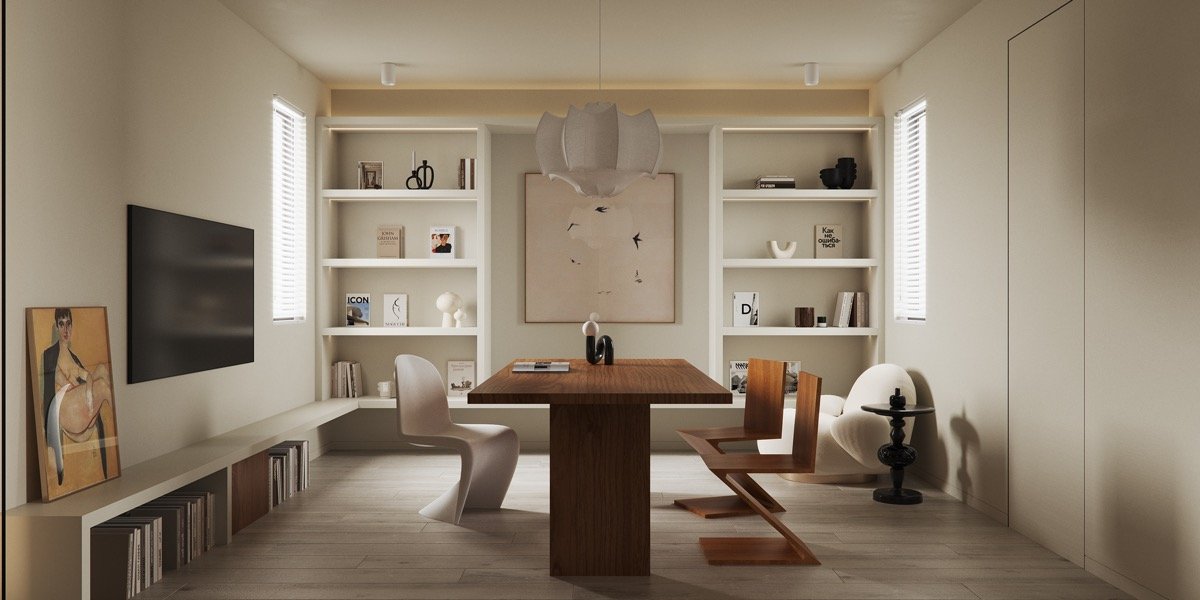In today’s fast-paced and ever-changing world, the concept of utilitarian design has gained significant popularity as individuals seek practical and efficient solutions to enhance their daily lives. Utilitarian design, in essence, refers to the creation of products and spaces that prioritise functionality, efficiency, and practicality above all else. One area where utilitarian design excels and captures the attention of many is furniture, especially the innovative and versatile world of convertible furniture.
Convertible furniture has emerged as a testament to the ingenuity and creativity of designers, offering a myriad of possibilities for transforming living spaces. These ingenious pieces have the remarkable ability to adapt and serve multiple purposes, providing users with unparalleled flexibility and versatility. Whether it’s a sofa that effortlessly converts into a bed, a coffee table that expands into a dining table, or a storage unit that seamlessly transforms into a desk, convertible furniture is revolutionising the way we approach interior design.

One of the key benefits of convertible furniture lies in its ability to enhance functionality. By seamlessly transitioning between different forms and configurations, these pieces cater to individuals’ diverse needs and preferences. For example, a small studio apartment can be instantly transformed from a cosy living room during the day into a comfortable bedroom at night, thanks to a cleverly designed convertible sofa. Such functionality not only maximises the utility of limited space but also provides individuals with the freedom to adapt their surroundings to suit their specific requirements.
Let us explore the benefits of convertible furniture, highlighting how it enhances functionality, optimises space utilisation, and promotes sustainable living.
Enhanced Functionality

One of the primary advantages of convertible furniture is its ability to enhance functionality. Traditional furniture pieces often serve a single purpose, limiting their usability and adaptability. In contrast, convertible furniture can be easily transformed or adjusted to meet various needs. For example, a sofa that converts into a bed provides an additional sleeping option for guests. A dining table that extends or folds down can accommodate different numbers of people, making it suitable for both everyday use and hosting gatherings.
Convertible furniture not only caters to immediate functional requirements but also adapts to changing needs over time. This adaptability makes it ideal for small spaces, where optimising functionality is crucial. By integrating multiple functions into a single piece, convertible furniture offers convenience, efficiency, and a clever solution for maximising the utility of limited space.
Optimised Space Utilisation

In an era where urban living spaces are becoming increasingly compact, efficient space utilisation is paramount. Convertible furniture serves as a valuable tool in this regard, as it allows for the efficient use of limited space. Traditional table, with its fixed dimensions and single-purpose design, often leaves gaps and unused areas in a room. In contrast, convertible furniture offers space-saving solutions by combining multiple functions into a single piece.
For instance, a wall-mounted desk that can be folded up when not in use transforms a dedicated workspace into a functional wall unit. Sofa beds and futons provide a comfortable seating area during the day and transform into a cosy bed at night, eliminating the need for separate sleeping arrangements. By maximising the utility of every square foot, convertible furniture ensures that no space is wasted, enabling individuals to live comfortably in smaller homes or apartments.
Sustainable Living

Convertible furniture aligns with the principles of sustainable living by promoting resource conservation and reducing waste. As the global population continues to grow, the demand for furniture and its associated resources increases, putting a strain on the environment. Convertible furniture addresses this issue by minimising the number of pieces needed, thereby reducing the consumption of raw materials and the carbon footprint associated with production, transportation, and disposal.
Furthermore, convertible furniture enhances the longevity of furniture pieces. By adapting to changing needs and functional requirements, convertible furniture eliminates the need for frequent replacements. This durability reduces the demand for new furniture and decreases the amount of furniture waste that ends up in landfills.
Aesthetics and Design Flexibility

Convertible furniture not only offers functional benefits but also provides design flexibility and aesthetic appeal. Designers and manufacturers recognize the importance of creating visually pleasing and innovative furniture pieces that seamlessly integrate into different living spaces. Convertible furniture is available in a wide range of styles, finishes, and materials, allowing individuals to choose pieces that complement their personal preferences and interior design schemes.
Additionally, convertible furniture enables individuals to experiment with various arrangements and configurations, offering the freedom to create dynamic living spaces. This design flexibility encourages creativity and personalization, empowering individuals to tailor their environments to their needs and lifestyles.
The rise of utilitarian design and the popularity of convertible furniture reflects a shift in our society’s values towards functionality, efficiency, and sustainability. The benefits of convertible furniture, including enhanced functionality, optimised space utilisation, and sustainable living, make it an attractive choice for individuals living in compact spaces or seeking versatility in their furniture. As we navigate the fast-paced and ever-changing landscape of modern life, these innovative pieces offer us the freedom and flexibility to create spaces that are as adaptable as we are.

By maximising functionality, conserving space, promoting sustainability, and offering design flexibility, convertible furniture enhances our daily lives, enabling us to live comfortably, efficiently, and in harmony with our surroundings. As we navigate the challenges of urban living and environmental sustainability, convertible furniture stands as a testament to the power of design to address our evolving needs and aspirations.


